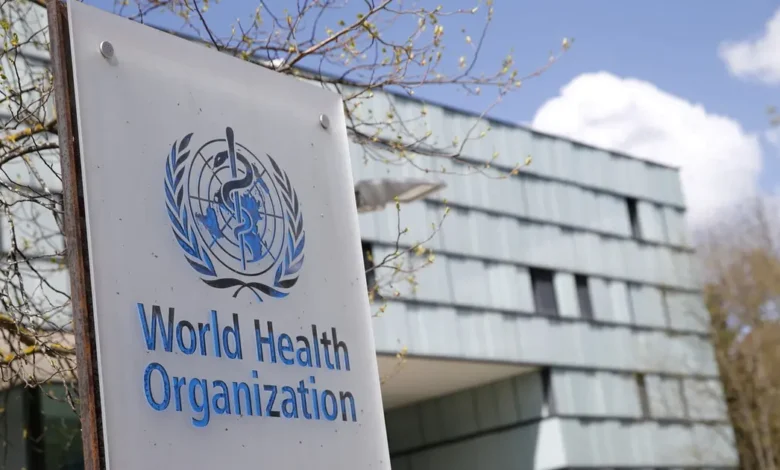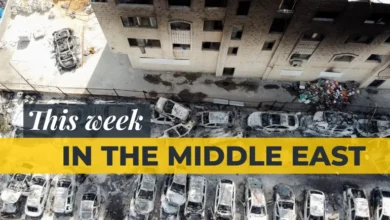WHO forced to swiftly move supplies amid Israeli military warning in southern Gaza

The World Health Organization (WHO) said on Monday it had been forced to move supplies from a WHO medical warehouse in southern Gaza within a 24-hour period after a warning from the Israeli military that ground operations there would make it inaccessible.
WHO Director-General Tedros Adhanom Ghebreyesus, in a post on social media platform X, called on Israel to withdraw the order “and take every possible measure to protect civilians and civilian infrastructure, including hospitals and humanitarian facilities.”
Israel’s COGAT, a branch of the country’s defence ministry, in a statement denied that it had asked the WHO to evacuate warehouses and said it made that clear to UN representatives. It did not elaborate.
Shannon Barkley of the WHO’s team in occupied Palestinian territory told a media briefing that WHO personnel in Gaza were able “to complete a proportion of the evacuation of the warehouse to a new facility.”
Ahmed Al-Mandhari, WHO regional director for the Eastern Mediterranean, said at the briefing that intensifying military ground operations by Israel in southern Gaza, particularly in Khan Younis, were likely to cut thousands of people off from access to healthcare.
WHO officials said that with many residents of Gaza unable to access clean water and sanitation they are concerned about a major disease outbreak.
WHO has noticed an increase in infectious diseases, including acute respiratory infections, scabies, jaundice, diarrhea and bloody diarrhea, Al-Mandhari said.
Dr. Richard Brennan of the WHO’s Regional Office for the Eastern Mediterranean said health officials were also concerned about Hepatitis E, which can be spread from person to person through contaminated water and was a particular risk for pregnant women.
The health sector in Gaza has undergone “a massive degradation,” Brennan said, with 18 hospitals currently functioning, down from 36 prior to the war. Those that are open are operating well below their capacity.
“So our ability to respond to the needs are plummeting, just as those needs are soaring,” he said.










